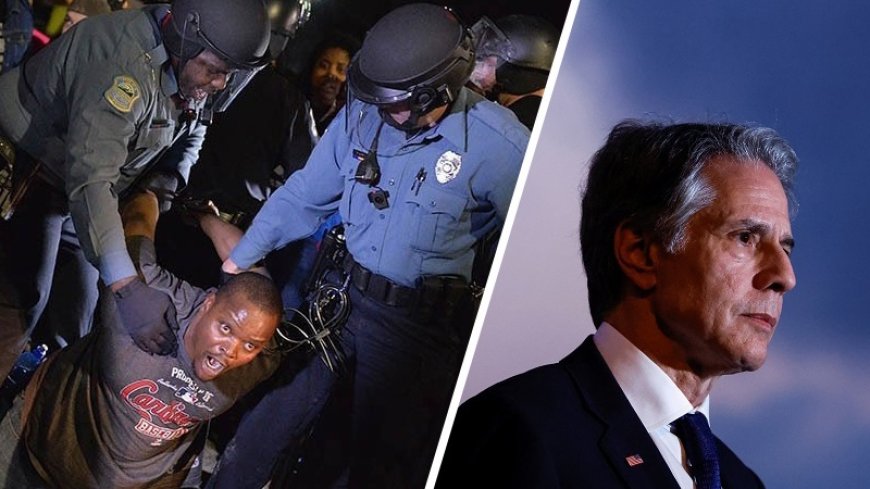A recent study by the Rutgers University Health Research Center reveals that nearly 60 percent of African Americans experience some form of gun violence, with most victims residing in low-income areas. This data underscores the persistent harm faced by the Black community in the United States, reflecting broader civil rights challenges in the nation.
The researchers at Rutgers emphasize that the findings are indicative of a deeper crisis. This study is a part of the broader "Human Rights Violations in America Report 2023," which uses extensive data and specific cases to highlight ongoing human rights abuses in the United States. The report reveals a nation grappling with entrenched racism, increasing economic disparity, partisan conflict, and severe discrimination against immigrants.
According to the Gun Violence Archive, there were at least 654 mass shootings in the United States last year, resulting in nearly 43,000 deaths. This means an average of 117 people die from gun violence every day. The report criticizes American politicians, accusing them of prioritizing financial and political interests over public safety and failing to reach a consensus on effective gun control measures.
The wealth gap in the United States has reached its worst level since the Great Depression of 1929. Data from the third quarter of last year shows that 66.6% of the nation's total wealth is held by the top 10% of earners, while the bottom 50% hold just 2.6%. This disparity reflects the deepening marginalization of the majority of Americans, whose fundamental rights and freedoms are increasingly ignored. "American human rights" have effectively become "American privileges," accessible only to a select few.
The report argues that the root cause of this erosion of trust among the American people is the long-standing money-driven politics and partisan conflicts that have turned governance into a game of interest transfer. This situation has led to widespread public cynicism, encapsulated in the sentiment that "not all citizens vote, but they give money," illustrating the perceived link between wealth and political power.
The U.S. administration's foreign policies also come under scrutiny. From providing massive military aid to Israel to imposing unilateral sanctions on Iran, and using human rights as a pretext for intervening in countries like Cuba and Syria, the U.S. is accused of causing serious humanitarian crises and undermining the ideal of global human rights.
The global community and many within the United States view the so-called "American human rights" as a privilege enjoyed by a few and an arrogant tool wielded to maintain U.S. hegemony. The report argues that the human rights rhetoric of some American politicians is particularly ironic given these realities. It suggests that those who tout themselves as judges of human rights should themselves be held accountable for the actions and policies that contribute to these injustices.














































